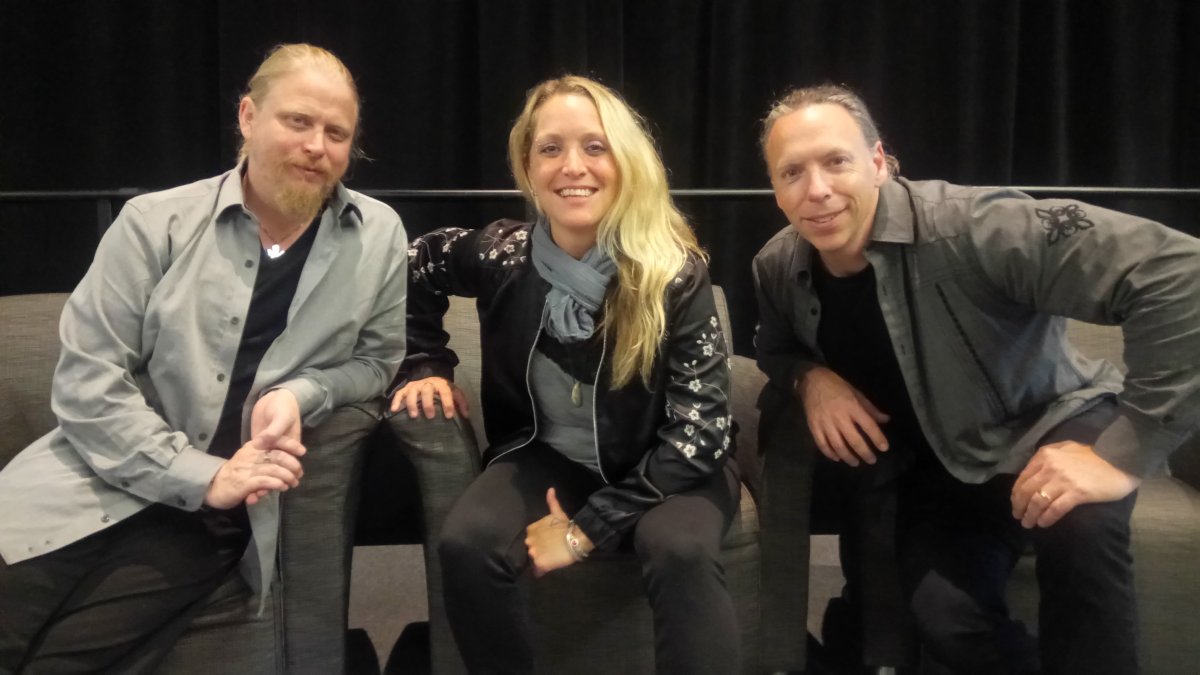Hundreds turned out to the London Convention Centre Friday morning to hear stories of addiction and recovery as part of the Salvation Army’s 12th annual Addiction Recovery Breakfast.

Among those speaking and sharing their stories was London musician Sarah Smith.
Smith, a full-time touring musician, calls London her home base and says she’s just a normal person who got caught up in the rockstar lifestyle — a lifestyle that often comes with partying and substance abuse.
“Sometimes it’s accepted in the musical community, but for me, I could not accept it in my core value,” Smith told Global News Radio 980 CFPL. “I felt like I was not being the person that I was born to be. I felt that my purpose was being muted by using substances.”
“I had to seek help, and I’m now in recovery, and moving towards a better life.”
Smith, who also performed with her bandmates at the breakfast, said the hardest thing to do on her road to recovery was to ask for help in the beginning.
“I put my pride aside, and I was able to be humbled and ask for help.”
The breakfast comes amid a worsening national opioid crisis and ongoing consultations by the Ford government into the effectiveness of supervised consumption sites.
The fate of the temporary overdose prevention site in downtown London may be up in the air come the end of September when consultations are set to finish, and its extended provincial funding runs out.
As of last month, officials with the Middlesex-London Health Unit (MLHU) said the temporary site had been used by more than 2,000 people. Twenty-three overdoses were recorded at the site in August, a drastic increase from the eight recorded between mid-February, when the site opened, and the end of July.
Plans are ongoing to open two permanent sites in the city.
According to MLHU figures, 316 opioid-related emergency department visits were recorded in the health unit’s jurisdiction in 2017, compared with 188 in 2016.
“I believe that every single person in this world deserves to not be ashamed,” Smith said when asked about the sites. “I feel like the prevention sites might help some people feel like it’s OK that they don’t have to do it alone and that they can go through their journey safely.”
“If anything was to go wrong, because the street drugs can be very dirty, … they will be there, and someone will be there to help them, and I think that’s really important so that people aren’t dying.”
Smith stressed that when it comes to addiction and substance abuse, anyone can become an addict.
“There are a lot people who you wouldn’t even expect who are also using drugs,” she said. “Very outwardly, successful people, and I think that these people are also using these facilities, which is helping drop the stigma around addiction.”
With files from Liny Lamberink
LISTEN: “Death Dealing” – 980 CFPL’s three-part series on London’s opioid crisis from April. Listen to part two, and part three.









Comments